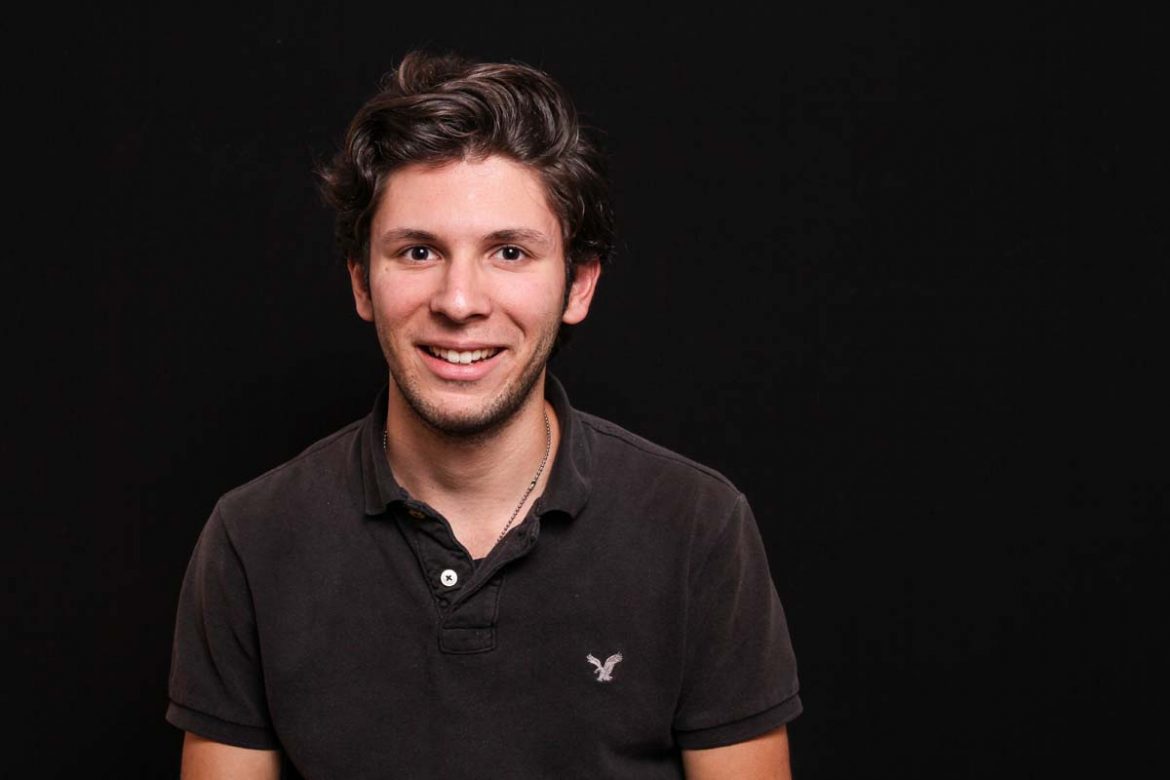This week, 40–50 students enrolled in the social work department’s Policy II class participated in an event called Poverty Week, in which students are tasked with living off the amount of money a public assistance recipient would receive. In Arkansas, this amount is $3 a day, according to junior social work major Natalie Martin.
“Many of the (Poverty Week) participants will one day be working with people in need,” Martin said. “This gives us a small glimpse into some of the struggles they face.”
Everything must be accounted for in the simulation, Martin said. All food, transportation and miscellaneous spending must be chronicled and reported in a daily debriefing and reflection. All transportation other than walking and biking must be entered at $0.31 per mile. Other spending that must be reported includes laundry, school supplies, recreational activities and emergency spending.
“I grew up on the edge of poverty,” Martin said. “I have learned that it is sometimes hard for individuals to empathize with the people they are helping because they have never experienced that struggles these people face everyday. This activity reminds everyone of the hardships that others face.”
At the end of the simulation, Martin said the participants are required to complete a final debriefing questionnaire, in which they present their concluding thoughts and disclose when and how they were tempted to cheat the system over the course of the week.
Sophomore social work major Brittany Kirk said that it is important for students to see and comprehend the difficulty posed by Poverty Week.
“When you see how difficult — virtually impossible — it is to live on ($3 a day), it calls you to a higher action of wanting to change the Arkansas welfare policies,” Kirk said.
Kirk said that, while she would not participate in this event again, it is eye-opening to step into the shoes of someone who lives solely on food stamps.
“A lot of people have the stigma that the people in the welfare system are users and abusers and that’s usually not the case at all,” Kirk said. “Nine times out of 10 these people would much rather be working because they would be able to live a healthier, more stable lifestyle.”
